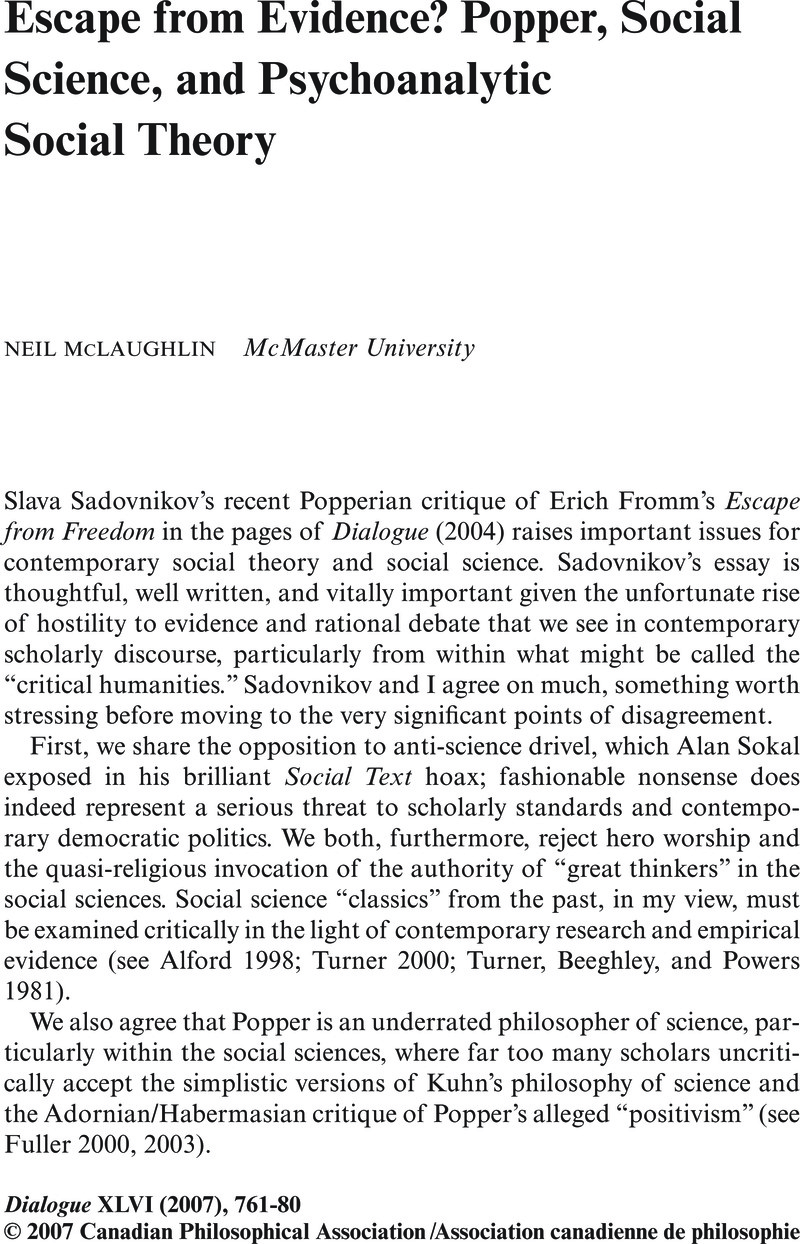Crossref Citations
This article has been cited by the following publications. This list is generated based on data provided by Crossref.
Cheliotis, Leonidas K
2013.
Neoliberal capitalism and middle-class punitiveness: Bringing Erich Fromm’s ‘materialistic psychoanalysis’ to penology.
Punishment & Society,
Vol. 15,
Issue. 3,
p.
247.



